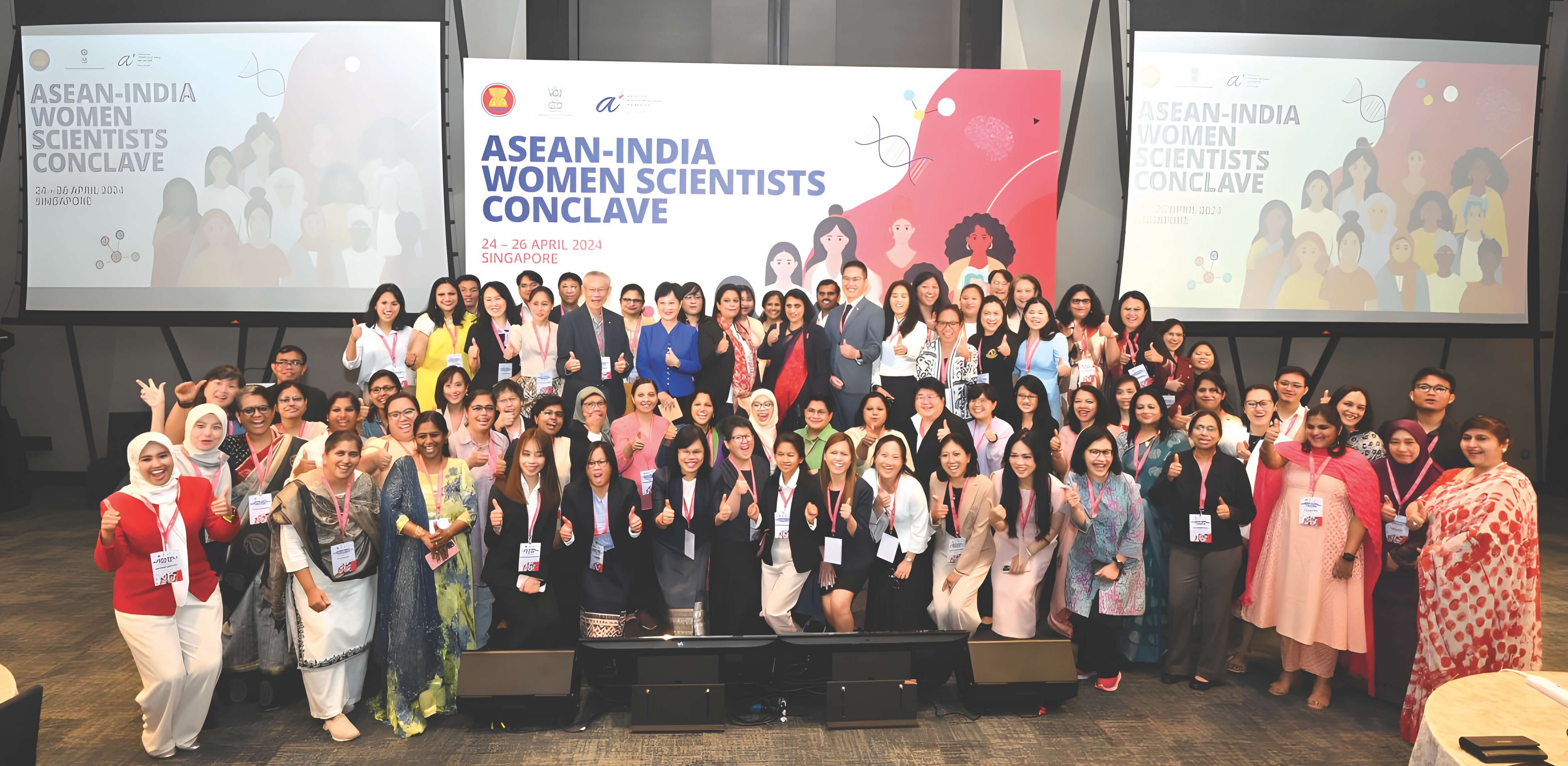




The ASEAN region has faced many health challenges over the past few years due to emerging diseases.
These include the H5N1/H7N9 avian influenza, Severe Acute Respiratory Syndrome (SARS), Nipah virus disease, H1N1 pandemic Influenza, the Middle East Respiratory Syndrome (MERS), Severe Febrile Thrombocytopenia Syndrome (SFTS), and Zika virus disease. Emerging antimicrobial resistance in existing infectious diseases is also a serious public health challenge. The region is currently dealing with the public health threat of coronavirus disease 2019 (COVID-19), and its impact on the economic and social well-being of its people, countries and region.
These include the H5N1/H7N9 avian influenza, Severe Acute Respiratory Syndrome (SARS), Nipah virus disease, H1N1 pandemic Influenza, the Middle East Respiratory Syndrome (MERS), Severe Febrile Thrombocytopenia Syndrome (SFTS), and Zika virus disease. Emerging antimicrobial resistance in existing infectious diseases is also a serious public health challenge. The region is currently dealing with the public health threat of coronavirus disease 2019 (COVID-19), and its impact on the economic and social well-being of its people, countries and region.
Enhancing these capacities has been ongoing within the ASEAN Health Sector together with support from external partners and ASEAN Secretariat.
A feasibility study, supported by the Government of Japan, is currently underway to assess the suitability of establishing an institution to promote public health and safety through control and prevention of disease, injury, and disability at the regional level. The study will assess the financial, organisational and technical feasibility of setting up an institution, tentatively named as the ASEAN Centre for Public Health Emergencies and Emerging Diseases. In addition, the study will identify regional gaps and specific needs for fully implementing the World Health Organization’s International Health Regulations 2005. Findings and recommendations of the study will be released in late October 2020 and shared at the 37th ASEAN Summit.
In addition to the above study, ASEANJapan cooperation in the area of COVID-19 has included technical support and sharing of information through various Plus Three platforms. These include the Special ASEAN Plus Three Summit on Coronavirus Disease (COVID-19), the ASEAN Plus Three Health Ministers Meeting and the Senior Officials Meeting on Health Development, and the ASEAN Plus Three Field Epidemiology Training Network Discussions included focus on the capacity needs and gaps in national responses which could possibly be supported through cooperation at national or regional levels with external partners. Recommendations included the necessity of controlling the spread of the disease while minimising socio-economic impact on people and their livelihoods.
At the Special ASEAN Plus Three Summit held on 14 April 2020, ASEAN Leaders together with leaders from People’s Republic of China, Japan, and the Republic of Korea affirmed their shared commitment to strengthen solidarity, enhance cooperation and mutual support among the ASEAN Plus Three countries to control and contain the spread of the pandemic.
At the Special ASEAN Plus Three Summit held on 14 April 2020, ASEAN Leaders together with leaders from People’s Republic of China, Japan, and the Republic of Korea affirmed their shared commitment to strengthen solidarity, enhance cooperation and mutual support among the ASEAN Plus Three countries to control and contain the spread of the pandemic.








